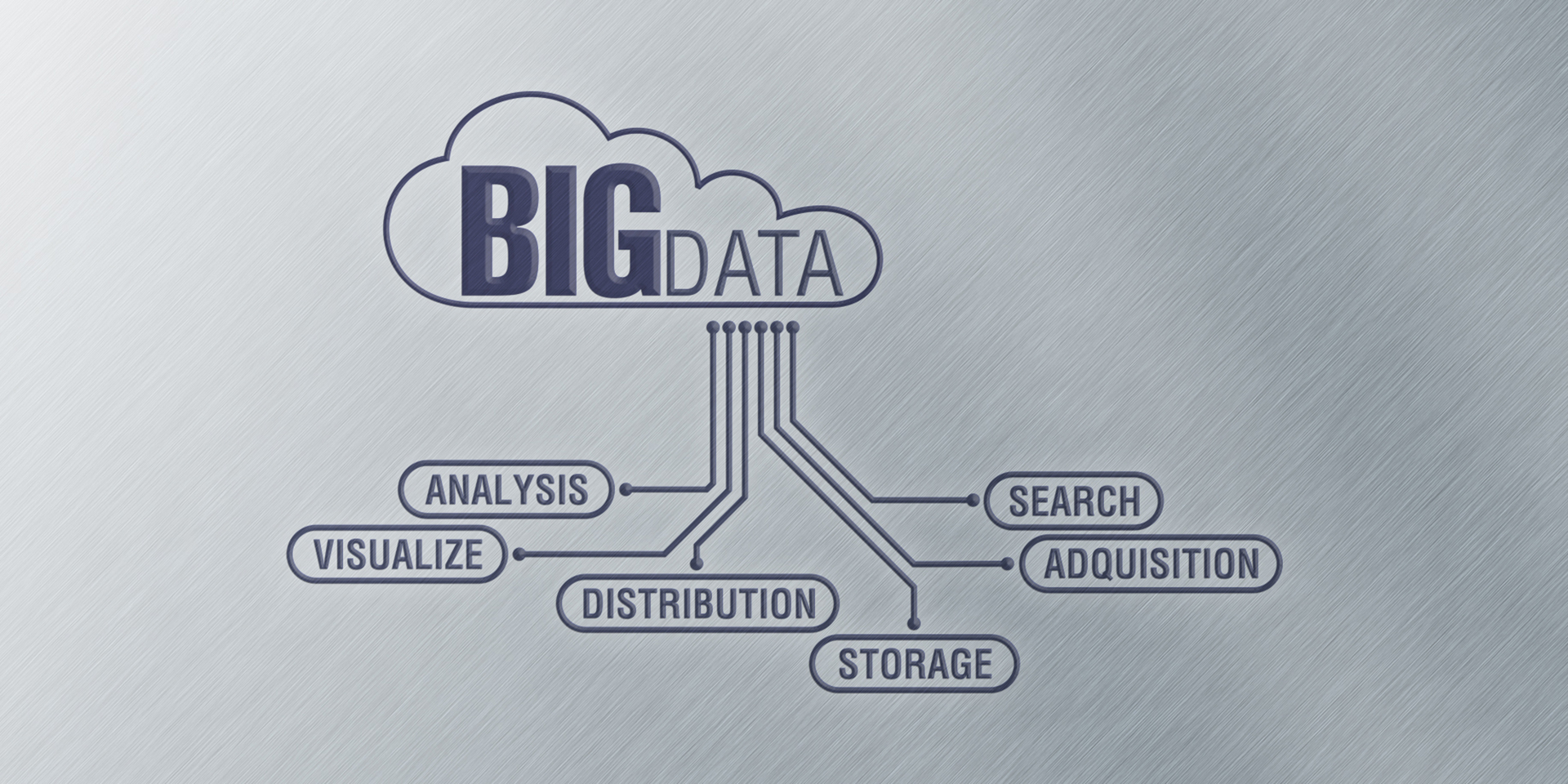
If just a few decades ago we had been told that data would improve our lives, we wouldn’t have believed it. Obviously, the concept of “data” is a far cry from what we are used to handling nowadays. Human beings’ capacity to generate information has grown by leaps and bounds. We already have the tools required to analyze and process data, but there’s still a long way to go until identifying the relevant information and drawing valuable conclusions that may catapult us to the “golden age of data”.
Meanwhile we can boast about our great achievements. The prestigious physicist and renowned visionary Stephen Hawking states in his book The Universe in a Nutshell that if we put all the newly published books in a line, we would have to be going 90 miles an hour to stay ahead of the line. If exponential growth continued, 10 articles would be published every second on his specialty of theoretical physics and he wouldn’t have time to read them. In fact, his predictions seem to have come true only 15 years later. It’s amazing to verify that in the last five years we have generated more scientific data than in the entire history of mankind. If it took up physical space, its volume would be larger than that of a galaxy.
However, the true revolution of Big Data doesn’t lie in its quantity, but in its capacity to generate value by processing and analyzing it. And that’s what we are doing right now. It sounds like looking for a needle in a huge haystack, and to a certain extent so it is, but that “needle” may provide significant benefits to companies and individuals.
Big Data Benefits for Companies
We are creating sophisticated technologies that allow us to improve company efficiency, know customer preferences and requirements in detail, make predictions of many kinds, and set behavioral patterns that help companies know their public in greater depth. Executives can now make better informed decisions, since they have data that just a few years ago belonged to the field of science fiction.
Figures speak for themselves. According to IBM, Big Data is an industry that in 2010 was worth $3.2B and in 2015 reached $17B. Big Data allows companies to find out relevant data such as churn rates, which used to go unnoticed, or employees’ behavioral patterns. In this way, they can predict, for example, purchasing or even voting decisions. Besides, Big Data can be applied with a comprehensive, cross-company approach to different departments (HR, Finance, Marketing, etc.) and in order to attain different objectives (performance management, business development, new product design, etc.).
Big Data is also changing how organizations work. They have left traditional hierarchical structures aside, giving rise to a new framework and relations between individuals dominated by the transparency offered by open data policies. Likewise, Big Data provides employees with a higher autonomy when making decisions, they are more “empowered” and bosses have become enablers and leaders, leaving authoritarian airs behind.
Big Data Benefits for Individuals
Big Data keeps us connected with our environment and has implications for our lives as individuals. This technology has a direct impact on how cities work, since it connects governments and citizens. There are new participation platforms that help citizens express their needs, report incidents and write their opinion about different topics related to public life.
Healthcare is another industry that is fully feeling the arrival of Big Data. The doctor-patient relation has changed, as well as the level of personal care. Thanks to mobile applications, medical devices that measure activity and health markers, we can become more aware of our physical condition, our habits and how we can improve them.
The data provided by the Big Data technology has also increased city security and intelligence. That’s one side of the coin. The other side is that criminals have also access to the same data (or even more) and there are still some legal obstacles related to citizens’ right to privacy. This offers criminals a clear advantage vis-á-vis security forces.
A long way to go
Of course, there is much to do. On the one hand, it is essential to clear and contextualize data in order to remove “junk”. There’s a great difference between having a certain heart rate while doing sports and sitting on a couch. It’s equally important to understand and apply data in a practical manner. Comprehension when reading graphics is critical and that’s why data scientist is a profession on the rise. It’s in this field of Big Data interpretation where Document Output Management may gain ground.
According to Capgemini, around 80% of an organization’s data is unstructured, which means that it’s not saved in data bases. And most of this unstructured data turns out to be in the form of documents. This lends document software unprecedented importance. Companies have the tools required to gather, analyze, process and store information, but most of them lack the Document Output Management capabilities that may allow them to draw valuable conclusions only from truly relevant data, and give each of the stakeholders in the business process (users, customers, employees, executives, etc.) the information they need on a timely manner and clearly.
This is just the beginning. Big Data has opened the door to a better informed, more educated and more efficient society where transparency prevails. In the not too distant future, we’ll be able to save all the world’s data in a hard disk about the size of a nut, like Hawking’s universe.
Sources:
https://www.fundacionbankinter.org/documents/20183/42758/Resumen+Ejecutivo-+Big+Data/01d8d3d8-80f1-4053-b8b7-a61ffaa6f705
http://www.crawfordtech.com/company/enterprise-content-management-output-management-whitepaper
https://docpath.com/art-big-data-document-technology-software/
Julio A. Olivares
DocPath CEO
